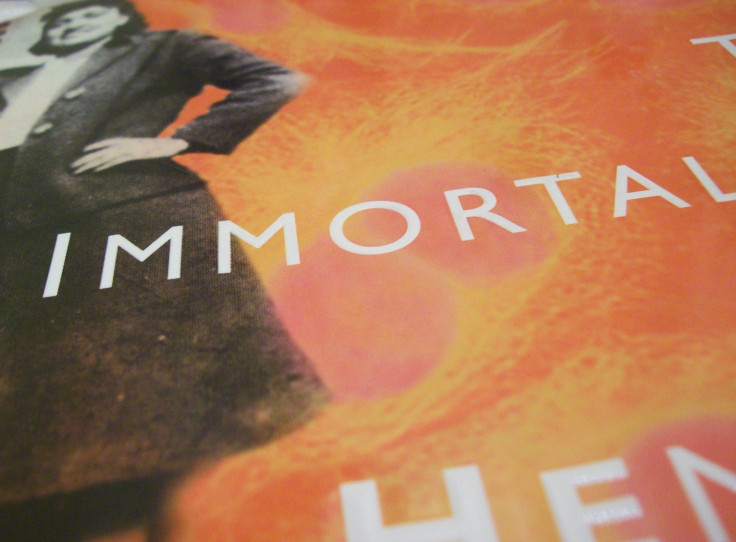Tennessee Mother Calls for Banning of Henrietta Lacks Book, Says It Is 'Pornographic'

The Immortal Life of Henrietta Lacks details a true story of bioethics, medical technology, and racial inequality, and it is coming under fire from some Tennessee parents.
The book is a chronicle of a poor black woman who had her cells taken for research purposes without her knowledge or consent while she was being hospitalized for cervical cancer in 1951. The cells ended up being the first human cells to reproduce in culture — a massive medical breakthrough — and have been shared among researchers to play a role in the development of polio vaccine, in vitro fertilization, and other developments. Lacks’s family, however, had no idea these cells (nicknamed HeLa by scientists) even existed.
The book, published in 2010, was a New York Times Bestseller and was selected for the summer reading list at Knox County Schools’ L&N STEM Academy. Jackie Sims has a 15-year-old son attending the school as a sophomore, and told WBIR that the book did not come with a warning or permission form.
“I was shocked that there was so much graphic information in the book,” Sims said. Her son had brought the book to her when passages he read made him uncomfortable.
Sims says the book appalled her, specifically a passage describing infidelity and a passage that describes Lacks’s discovery of a lump on her cervix.
“I consider the book pornographic,” she said, adding that the wording of the book is what bothers her the most. She believes the book could have been written in a less graphic way.
Per district policy, her son has been provided with an alternate text, but his mother says she wants to see the text gone from the hands of all Knox County school students.
Sims is not alone in her objection to the book, but not everyone agrees with her condemnation of a text that broaches important topics with students, including bioethics.
“I don’t think it’s inappropriate,” Shelly Higgins, another eighth grade parent, told WBIR.
Higgins plans on letting her son read the book, and thinks that the book teaches relevant lessons on history and ethics. She does not appreciate the efforts of Sims and others who wish to ban the book district-wide.
“To try and stop the book from being read by all students is, to me, a modern day kind of book burning,” she said. “If someone comes along and tries to take the book out of the curriculum, then that affects me and my child. … If the parent doesn’t want the child to read it, the parent doesn’t want the child to read it, but do not take away everybody else’s choice to read that book.”
Sims asks parents to read the book before forming an opinion.
“I respect each parent’s right to decide what they want their child to read. I really do,” she said. “My major point is: Don’t take that opportunity away from all the students.
Sims however, plans to take her appeal as far as she can, “because I just feel that strongly about it being out of the hands of our children.”



























